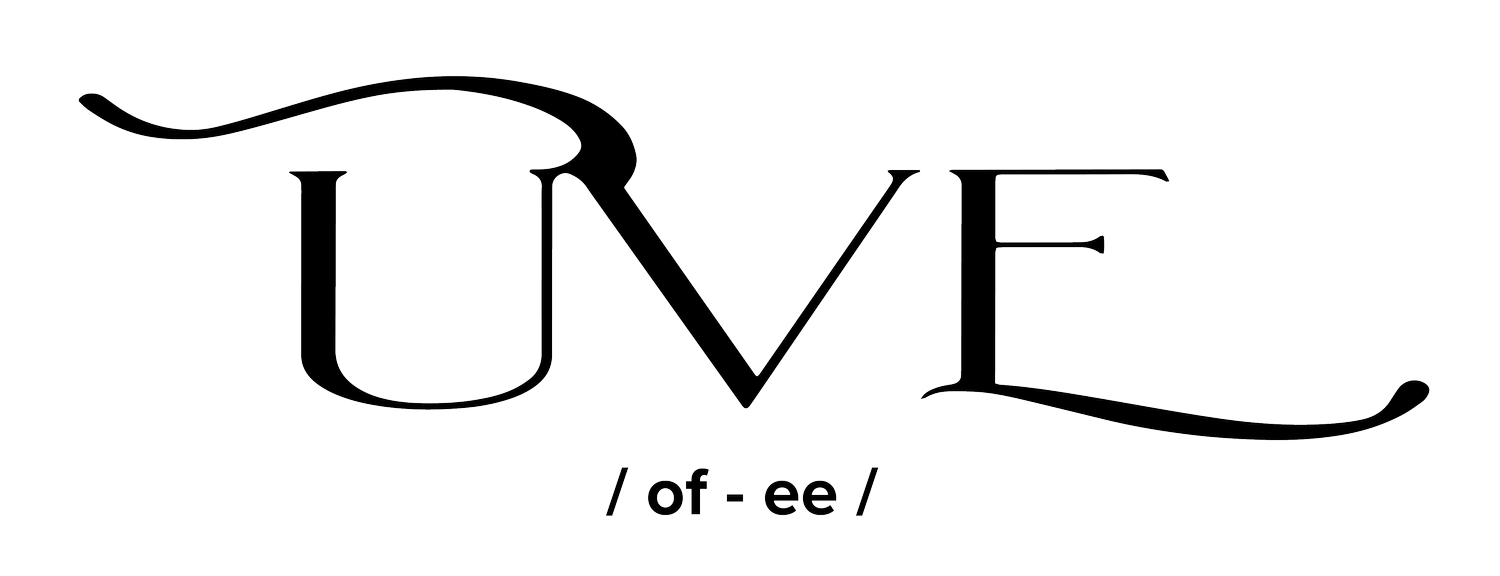Ecological Outcome Verification Creates Openings for Change
Savory Institute EOV Monitoring Course, Spain
By: Abbey Kingdon
As I reflect on the evolution of the global Ecological Outcome Verification (EOV) program from when I was first introduced to it at Michigan State University during the summer of 2016, I have come to realize that it is more than just a monitoring and tracking tool. It is a program that helps us change.
There are two main ways I have observed this at UVE.
First, and perhaps most importantly to me (because I was once 22 and filled with a sense of meaning and purpose found through Holistic Management!) it is an opportunity for youth to develop a meaningful and unique career path. More than any other generation I encounter through my work, I see young people hungry for change. I see the 20-somethings fed up with the promise of a great life after a career of ladder climbing. They want to have meaningful work that connects them to the community and land.
Globally, and within the work of UVE, they are finding it with EOV.
Second, I see the work of EOV Hub Verifiers and Savory Master Field Professionals at UVE guiding land stewards through a conversation about their land’s data in a way that allows them to get curious, and get creative. Growing up in production agriculture, I realized how very rare it is that farmers and ranchers allow themselves to be creative and curious at work. Perhaps it is tradition and routine, and the pressures of production that create this situation. However, I’ve observed that no one is a better expert on the land they are stewarding than the person who is there every day. It is incredible to watch the convergence of this knowledge, wisdom, creativity, and curiosity through the process of collecting and understanding information from the land, through EOV.
How can the crew at UVE better help you make use of your EOV data?
Abbey Kingdon is a Holder at UVE Hub Stewarding Regenerative Relationships & Design. She also serves as the Savory Institute’s Global Network Coordinator. Abbey was raised on a commercial cattle ranch in Indian Valley in Plumas County, California. She now resides with her children in the tiny town of Fort Bidwell on the traditional homelands of the Gidutikad Band of Northern Paiute at the base of the Warner Mountains, a place where three states and two ecoregions converge. She graduated magna cum laude from Cal Poly, San Luis Obispo, with a degree in animal science and a focus in communications and ethnic studies. She is dedicated to supporting rural communities and currently sits on the board of the Surprise Valley Education Foundation.




